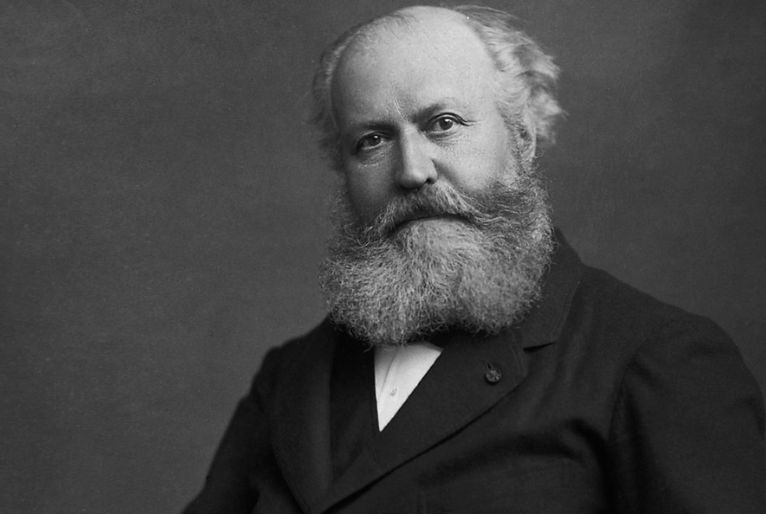
10 Fascinating Facts about Charles Gounod
Charles Gounod, a luminary of 19th-century French music, graced the world with his enchanting melodies and profound compositions. Born on June 17, 1818, in Paris,[…]

Charles Gounod – Biography and Life
Charles-François Gounod, the celebrated French composer, was born on June 17, 1818, in Paris, France. His life’s melody wove through the Romantic era, leaving an[…]